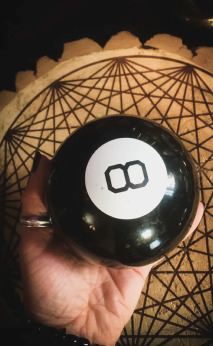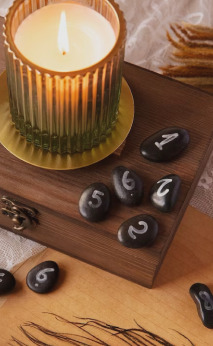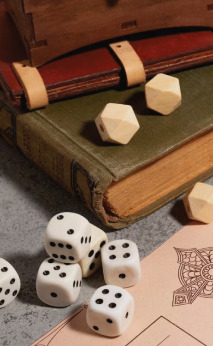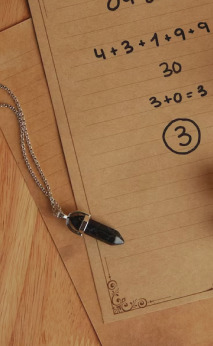Dice roller
Before you actually roll dice, take a deep breath and quiet your mind. Form the question you want to ask
Experts
People usually ask
Is One Dice Divination Accurate?
One Dice Divination's accuracy is individual and fluctuates. It is based on personal perception and belief rather than being factually established. While some regard it as an exact prediction instrument, others regard it as a contemplative and intuitive activity. Still others find it remarkably accurate.
What distinguishes one-dice divination from other types of divination?
By depending on the unpredictability of dice rolls, One Dice Divination differs from other divination techniques. It provides a more informal and adaptable approach than customary methods with certain symbols. It may be understood by a wider range of people due to its simplicity and unpredictable nature.
Is One Dice Divination acceptable for people of any age?
Yeah, people of all ages may use One Dice Divination. It is inclusive and interesting for a broad audience because of its simplicity and online accessibility. It is recommended that individuals use personal discretion, and parents or guardians can assist younger participants in comprehending the nature and meaning of the activity.
Reviews
So, I rolled the dice on this site for fun and it totally blew my mind with how accurate and insightful it was, like seriously, it's crazy how spot on it was with my current situation and emotions – definitely going back for more readings, it's free, so why not give it a try, right?
I EASILY ROLLED THE DICE AND GOT A CLEAR VIBE 😎✈️ SUPER HELPFUL FOR QUICK DECISIONS UP IN THE AIR. HIGHLY RECOMMEND!
Oh my stars, Dice Roller One Dice is like totally rad for quick and informative readings on the fly! I use it to guide me in my ship piloting decisions, and it's seriously spot on every time. Highly recommend for all my fellow pilot gals out there!
Hey guys, Dice Roller One Dice is super cool for quick on-the-go readings. It's fun and free, perfect for a little pick-me-up during breaks at work! 🔮💫
Guys, you should totally check out 'Dice Roller One Dice' for some legit insight into your future. The readings are free and seriously spot-on, like it's kinda freaky how accurate they are!
This Dice Roller One Dice site is seriously legit! Super easy to roll and interpret results, love it! Totally recommend for quick readings during coding breaks.
Love using "Dice Roller One Dice" for a quick and accurate divination. It always gives me spot-on insights for my day ahead. Would recommend to anyone looking for a fun and informative reading!
Yo, this Dice Roller One Dice site is legit! Super easy to interpret the readings, helps me make decisions in a snap. Definitely recommend for a quick and accurate divination fix.
I just love using Dice Roller One Dice for quick and accurate financial predictions! It's like having a little crystal ball for my investment decisions! Highly recommend 🔮💸🌟







